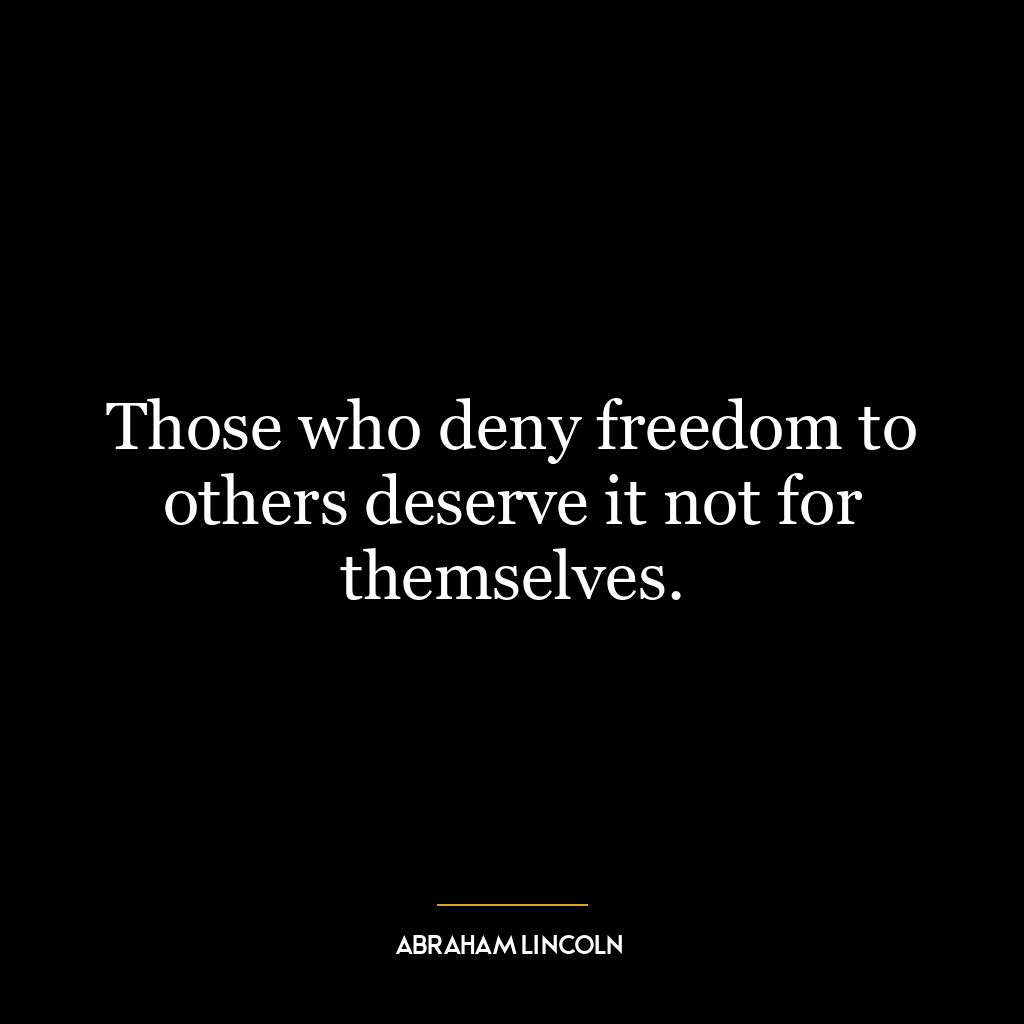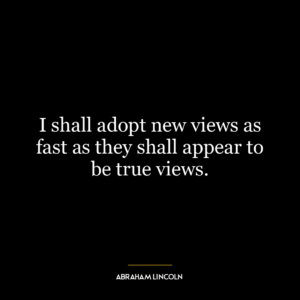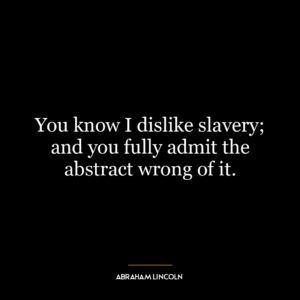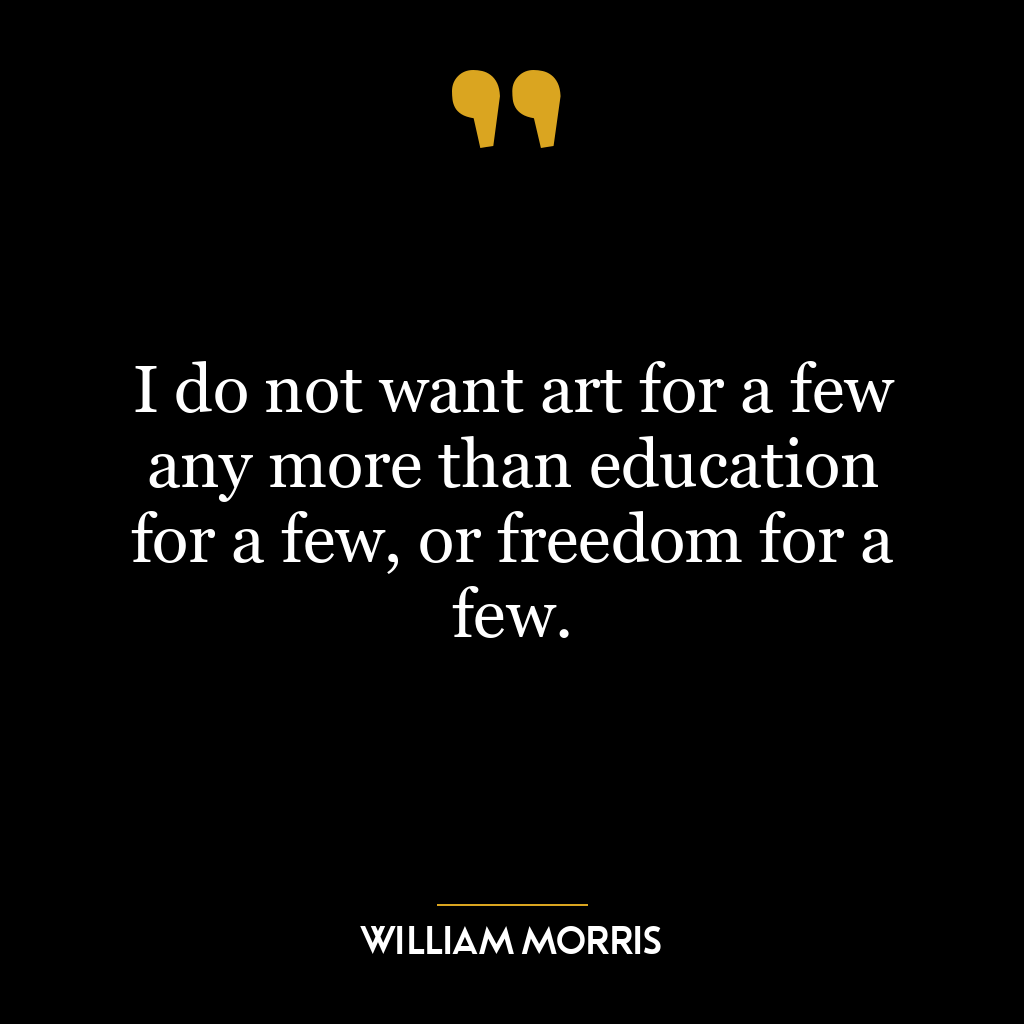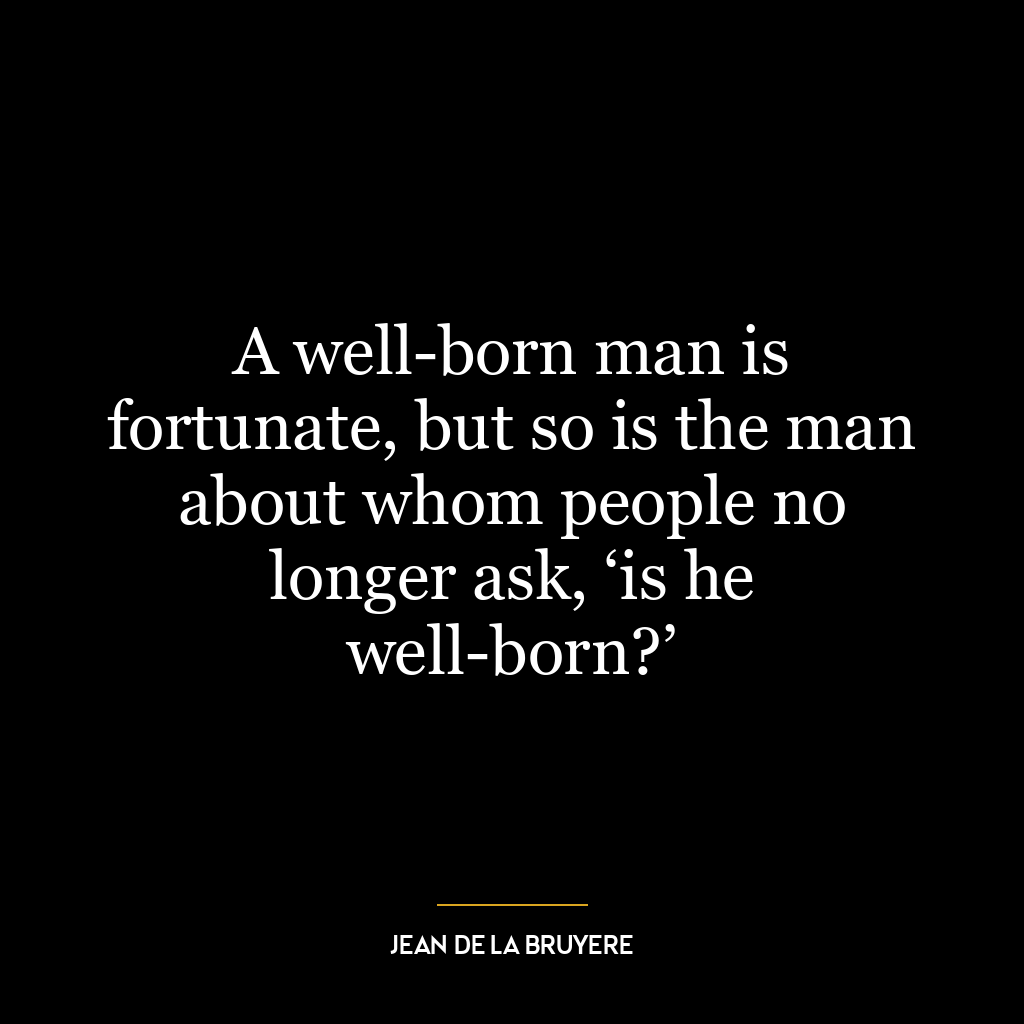The quote, “Those who deny freedom to others deserve it not for themselves,” is a profound statement about justice, morality, and the fundamental human right to liberty. It suggests that freedom, a state of being where one can act, think, or speak without restraint, isn’t a privilege that can be selectively granted or withheld, but a universal right that all individuals inherently possess. When someone chooses to deny this right to another, they forfeit their moral claim to the same right.
At its core, the quote is a reflection of the Golden Rule: treat others as you would like to be treated. If one wishes to enjoy freedom, they should also respect and ensure the freedom of others. This principle is deeply embedded in social justice, human rights, and democratic values.
In today’s world, this quote is still highly relevant. It can be applied to various societal issues such as racism, sexism, homophobia, and xenophobia, where certain groups are often denied their basic freedoms. The quote serves as a reminder that no one should have the power to limit the freedoms of others, and those who do so are not worthy of freedom themselves.
In the realm of personal development, this quote can be interpreted as a call to cultivate empathy, respect, and fairness. It urges individuals to understand that everyone deserves the same rights and freedoms they enjoy. By promoting a more empathetic and fair mindset, individuals can contribute to a more equitable and free society.
Moreover, it can also be applied to the concept of emotional freedom in interpersonal relationships. If one person in a relationship tries to control or manipulate the other, they are denying them their emotional freedom. According to the principle in the quote, such individuals would not deserve freedom in their own relationships.
In conclusion, this quote is a powerful statement about the interconnectedness of our freedoms. It underscores the importance of mutual respect and empathy in upholding the universal right to freedom.

